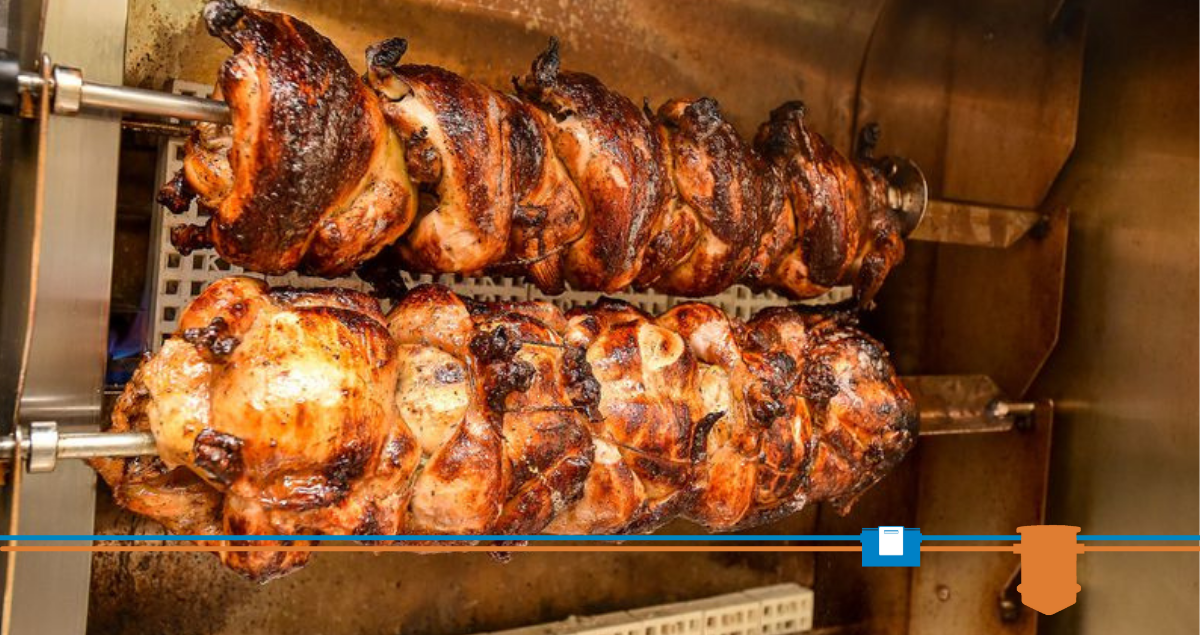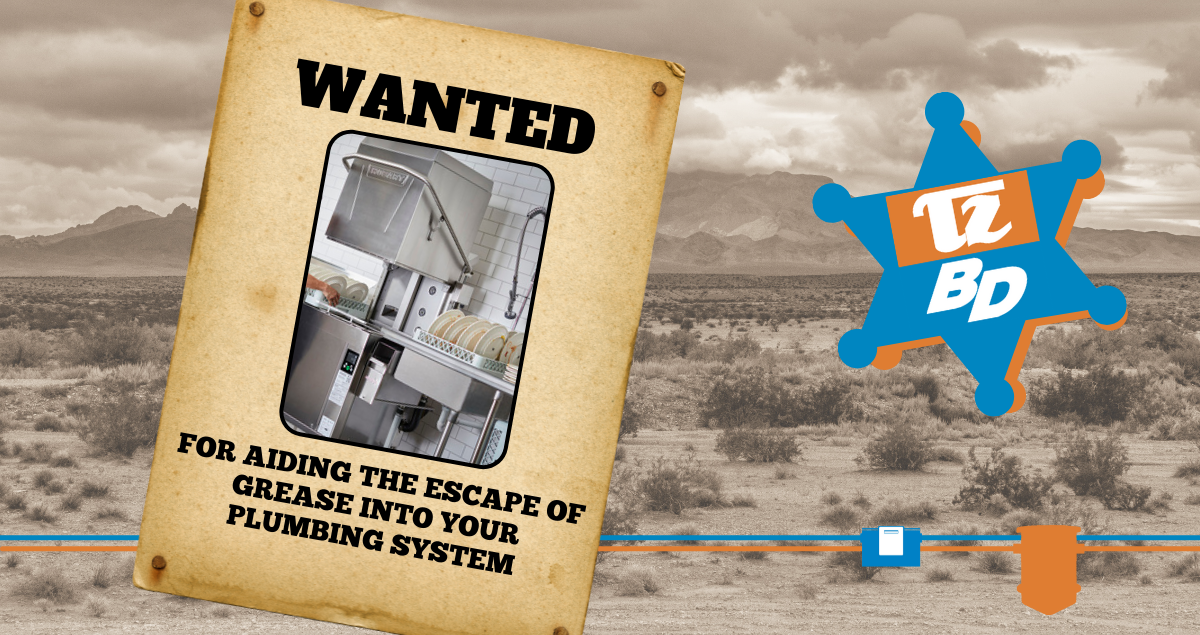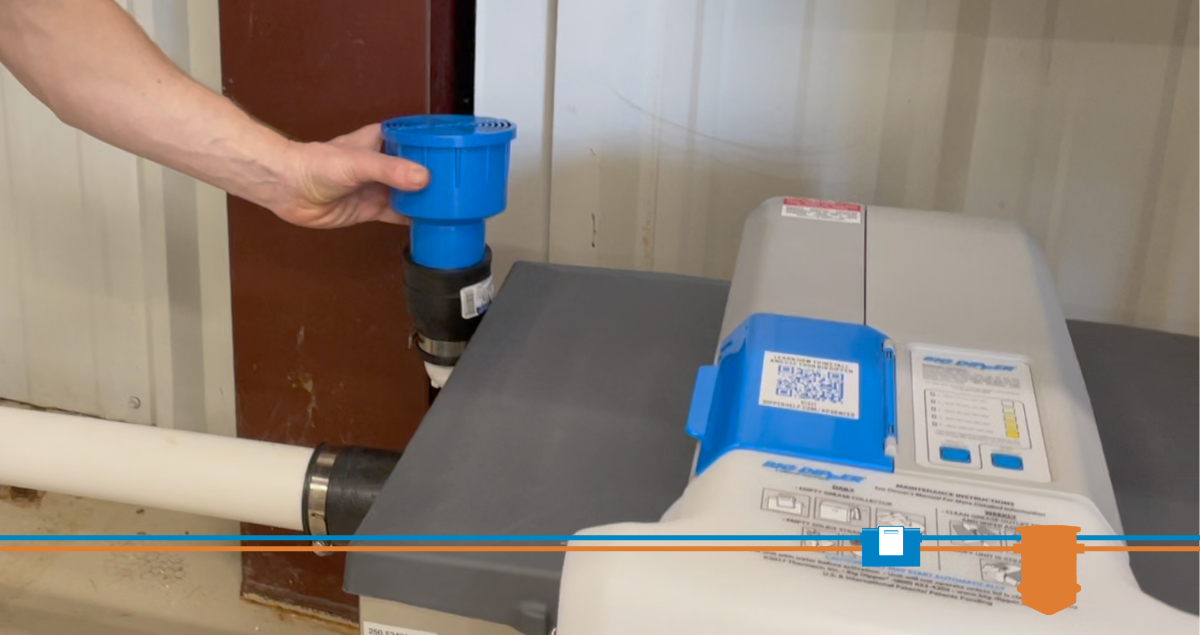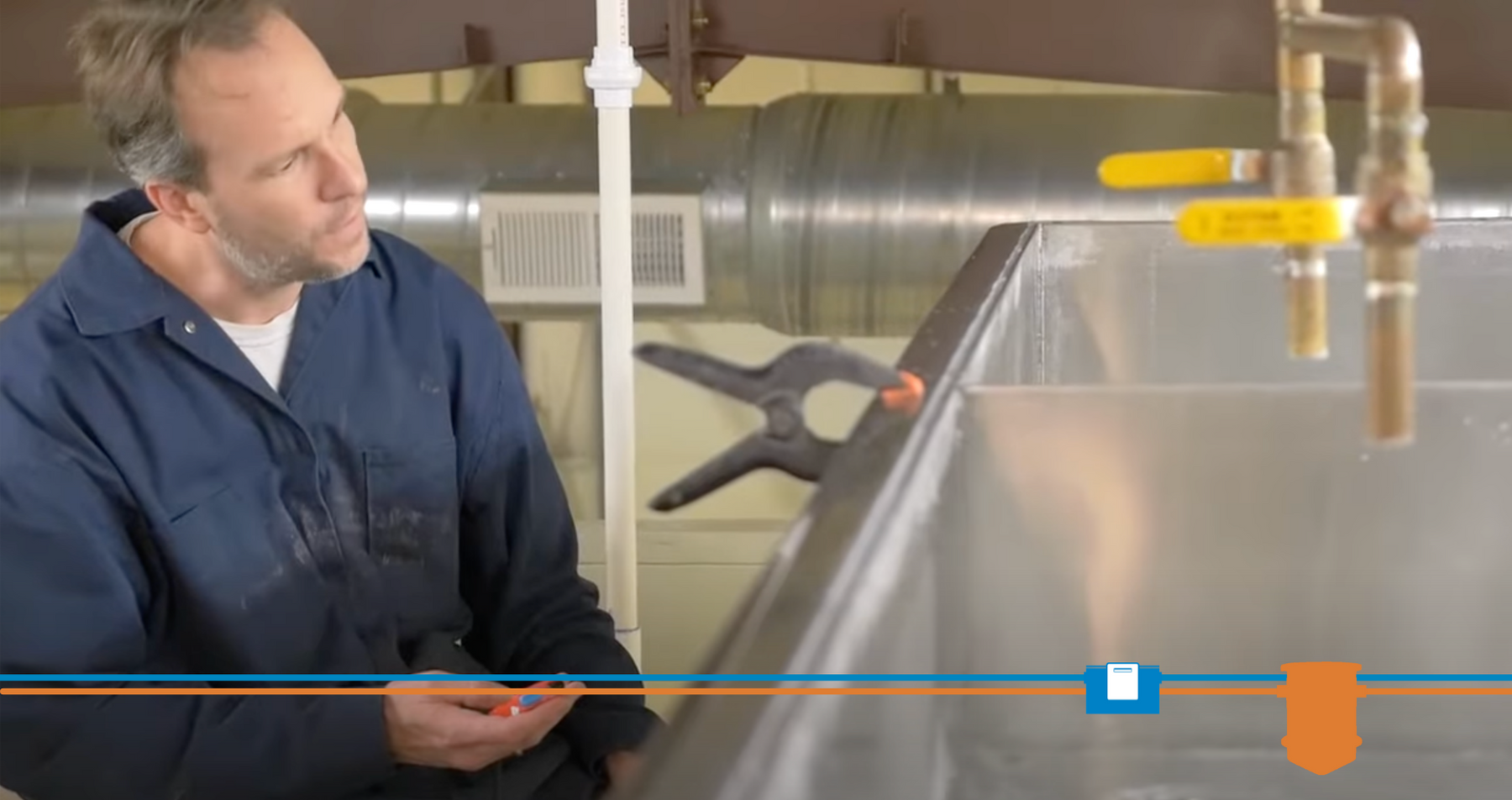You might be surprised at all the ways grease interceptors protect the environment
- Jul 9, 2015
The federal government takes grease seriously. Very seriously. In fact, the Department of Justice is ready, and willing, to issue federal jail time to any individual who knowingly violates the Clean Water Act, a standing tenet of which is proper grease disposal.
Just ask Mobile, Ala.’s DHS Inc. In 2011, the president and manager were charged in a 43-count indictment with violations of the Clean Water Act, as well as conspiracy and fraud. Their company, which was hired to remove the FOGs from grease interceptors, was, ironically, allegedly dumping the collected grease directly into local sewer systems — the same systems they were being paid to protect.
Violators of the Clean Water Act are subject to up to three years of incarceration per count, twenty years in prison for fraud, as well as monetary penalties. The DHS officials ended up with hundreds of thousands of dollars in fines, jail time for the manager and hundreds of hours of community service.
Why so serious?
Grease can have potentially devastating effects on the environment. For that reason, municipalities require that food service establishments (FSEs) control their FOG output. Even if not already required through standardized regulations, many FSEs make the choice to install grease interceptors, like Thermaco’s Trapzilla.
A properly installed and maintained grease interceptor ensures the safety of surrounding groundwater and waterways. Without an interceptor, grease would flow directly into sewer lines, causing blockages and backups. In fact, according to the EPA, grease is the most common cause of sewer blockages.
Blockages lead to messy — and toxic — overflows. Consider this scenario: if a commercial kitchen’s grease interceptor malfunctions due to improper maintenance and causes a blockage in the sewer line, it’s not just wastewater from that FSE’s commercial kitchen that could overflow into the surrounding environment. The untreated wastewater from all of the establishments tied into that sewer line may also backup or overflow could end up flowing into streams or other clean water sources.
Even wastewater tainted just with brown grease, which may seem harmless, can kill plant life and upset ecosystems. Installing, and maintaining, a grease interceptor is the environmentally safe choice.
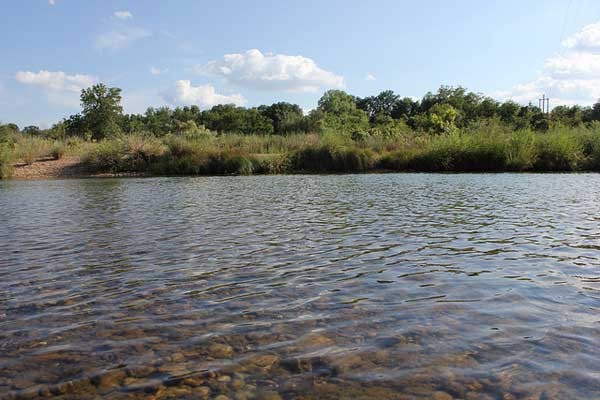
Reap the environmental benefits
Cleaner air. Did you know that FSEs could actually contract with companies who will take grease from their interceptors and convert it into biodiesel?
Grease can actually have a positive effect on air quality, as biodiesel releases substantially less carbon monoxide and fewer unburned hydrocarbons than traditional diesel. In fact, biodiesel results in an 86 percent reduction in greenhouse gases.
In the past, biodiesel companies were only interested in the yellow grease provided by commercial kitchens. All that is changing now, though, as new technology has been introduced to transform brown grease into biofuel.
Fewer maintenance visits. A technologically advanced grease interceptor, like Trapzilla, can significantly reduce the number of pump truck visits. Unlike traditional concrete interceptors that begin to lose functionality when they reach 25 percent capacity, the Trapzilla traps upwards of 90 percent of its total volume — which can mean holding more than 600 pounds of grease before it needs to be emptied.
As an added bonus, the Trapzilla has a considerably longer lifespan than a traditional concrete interceptor, which may need to be dug up and replaced every 10 years. Imagine the time, energy and materials that can be saved!
With all the factors that food service establishment operators must consider in day-to-day restaurant operation, it’s easy to forget why certain regulations, like the amount of grease that is allowed to enter sewer lines, are enforced. But, incorporating proper tools, including grease interceptors, improves your local environment and your community.
Creative Common photos courtesy of Nicolas Henderson.

